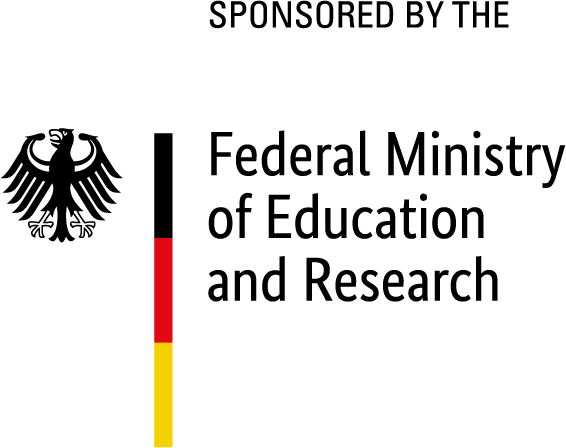Work Packages
The aim of this research project is to deploy sustainable and innovative technologies and services. On the one hand, this requires the research and collection of a large number of data, such as hydrological and meteorological data or historical data on floods and drought. Another important aspect is the selection of pilot areas. This will be discussed intensively with the German and Ghanaian project partners on the basis of already identified criteria, with the participation of political and administrative actors. A peri-urban pilot area affected by drought and flooding will be studied. After that, flood and drought forecasting models as well as water balance and water management models for the pilot areas are created. Since the management of water resources in Ghana is not only a question of the quantity of water available, but especially of its quality, water quality analyses will be carried out in addition to quantity-based considerations as part of the water management modeling.
The focus of all models is on the prevention of natural disasters (floods, droughts), on the management of the water cycle and on the treatment and supply of water for various purposes, thus contributing to a so-called end-to-end solution and an integrated water management strategy.
This work package focuses on design and implementation of innovative and sustainable technologies in the form of a pilot plant. After preliminary tests in Germany, a multi-stage pilot plant combination will be built and operated in Ghana. The plant is designed for water treatment and irrigation with reclaimed water in peri-urban agriculture.
(Peri-)urban agriculture is widespread in Ghana and is mainly practised by smallholder farmers. Due to climate change, irrigation water is increasingly needed during periods without rainfall. In the pilot area of Accra, irrigation water is withdrawn from surface water such as streams and rivers during periods of insufficient rainfall. As comprehensive sewage systems do not exist in Ghana, surface water is often contaminated by effluents. The use of water contaminated with pathogens and other pollutant pose a health risk and have a negative impact on irrigation technologies.
The first objective of this work package is to develop a water treatment system that enables the reuse of polluted surface water in peri-urban areas as irrigation water for agriculture. Furthermore, the pilot system should be technically simple and cost-effective in order to achieve the broadest possible application and acceptance. The water treatment system represents the first system of the pilot plant, followed by drip irrigation as the second system of the plant. In this part of the plant combination, the water-saving irrigation technology is tested to verify its suitability and longevity. Considering the need to save electricity, the irrigation system is gravity driven, with good uniformity of distribution.
A very important part of the RAIN-project is the education and behavioural training for the local population in order to raise the level of information, awareness and acceptance among the population in the immediate vicinity of the pilot areas to the highest possible level.
In order to make the benefits of the end-to-end early warning systems for floods and droughts developed within the project as efficient as possible and to prevent flood damage, discussions with stakeholders and community leaders will be conducted to promote the acceptance of the technological solution and possible mitigation measures.
Furthermore, during the implementation of the pilot plants in Ghana (sustainable technologies, WP2) , workshop and training programmes will be carried out to prepare local stakeholders in the two pilot areas for the consequences of climate change. In a continuing training programme, which is planned and implemented by local partners in close cooperation with German partners, the local population will be familiarised with the use of the irrigation system in order to ensure a sustainable and permanent operation of the system.
In this work package the tasks of public relations and the quality assurance tasks of distributing the recommendations and guidelines are summarized.
On the one hand a public concept is to be developed in order to disseminate information about the project but also warn directly concerned persons in flood-prone areas. To achieve this goal several different products must be created, such as an internet presence or technical reports.
In order to facilitate future up-scaling of the pilot plants comprehensive recommendations and guidelines are developed with Ghanaian groups of interests. This way it is ensured that full-scale implementation is achieved. In addition to that, the RAIN project contributes to some essential topics of the competence profile of the Pan-African Institute for Water and Energy (PAUWES) and WASCAL by providing e.g. audio-visual contributions that can be used in teaching or materials for the implementation of internships at the pilot plants within the framework of the study courses.

